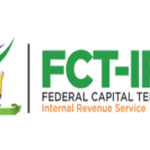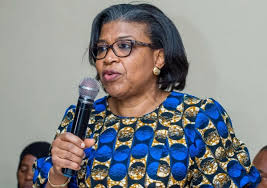By Kadiri Abdulrahman
The Debt Management Office (DMO) has advised the Nigerian media to stop sensationalising the debt situation and always endeavour to get accurate information on the country’s debt profile before reporting.
The DMO gave the advice in a statement in Abuja, against the backdrop of misleading media reports from the West Africa Association of Public Accounts Committees (WAAPAC).
A media report had quoted the agency as saying that “Nigeria remains one of the largest borrowers in West Africa alongside Cote d’Ivoire and Senegal”.
“This is false and misleading. The presentation provided an overview of debt trends, challenges and potential solutions affecting the West African sub region as a whole, and not solely about Nigeria,” it said.
The DMO emphasised that public debt within the sub region had increased significantly over the last decade due to increased borrowing for development and responses to global shocks like the COVID-19 pandemic.
It further clarified that Nigeria’s total debt stock comprised domestic and external debts of the Federal Government, and those of the 36 state governments and the Federal Capital Territory.
Meanwhile, a Development Economist, Prof. Ken Ife, said that adherence to extant fiscal responsibility law would go a long way to moderate government borrowing and reduce Nigeria’s debt profile.
Ife said, “We must grow our economy, and that means that we must borrow to leverage, but there is no room for us to borrow to consume.
“That will deepen exposure to debt and then drive us inexorably into more fiscal deficit.
“There is nothing wrong with borrowing, but the question is, where do we employ this borrowing?”
He urged the Federal Government to strictly implement the fiscal responsibility law, which stipulated that government borrowing should be for development.
A Financial Expert, Uche Uwaleke, said that the country’s rising debt profile was the direct result of low domestic resource mobilisation.
Uwaleke is the director, Institute of Capital Market Studies, Nasarawa State University, Keffi.
According to him, the weak structure of the economy, which unduly relies on revenues tied to the vagaries of the international crude oil market, is also responsible for the debt profile.
He said that the growing debt profile may be justified by the huge infrastructure gap in Nigeria.
“Government borrowing in itself is not bad for a developing economy struggling to plug the infrastructure gap.
“However, it becomes unsustainable when debt service ratios are very high.
“The implication is huge opportunity cost considering the fact that critical sectors requiring attention, such as education and health, are starved of funds,” he said.(NAN)(www.nannews.ng)
Edited by Deji Abdulwahab












